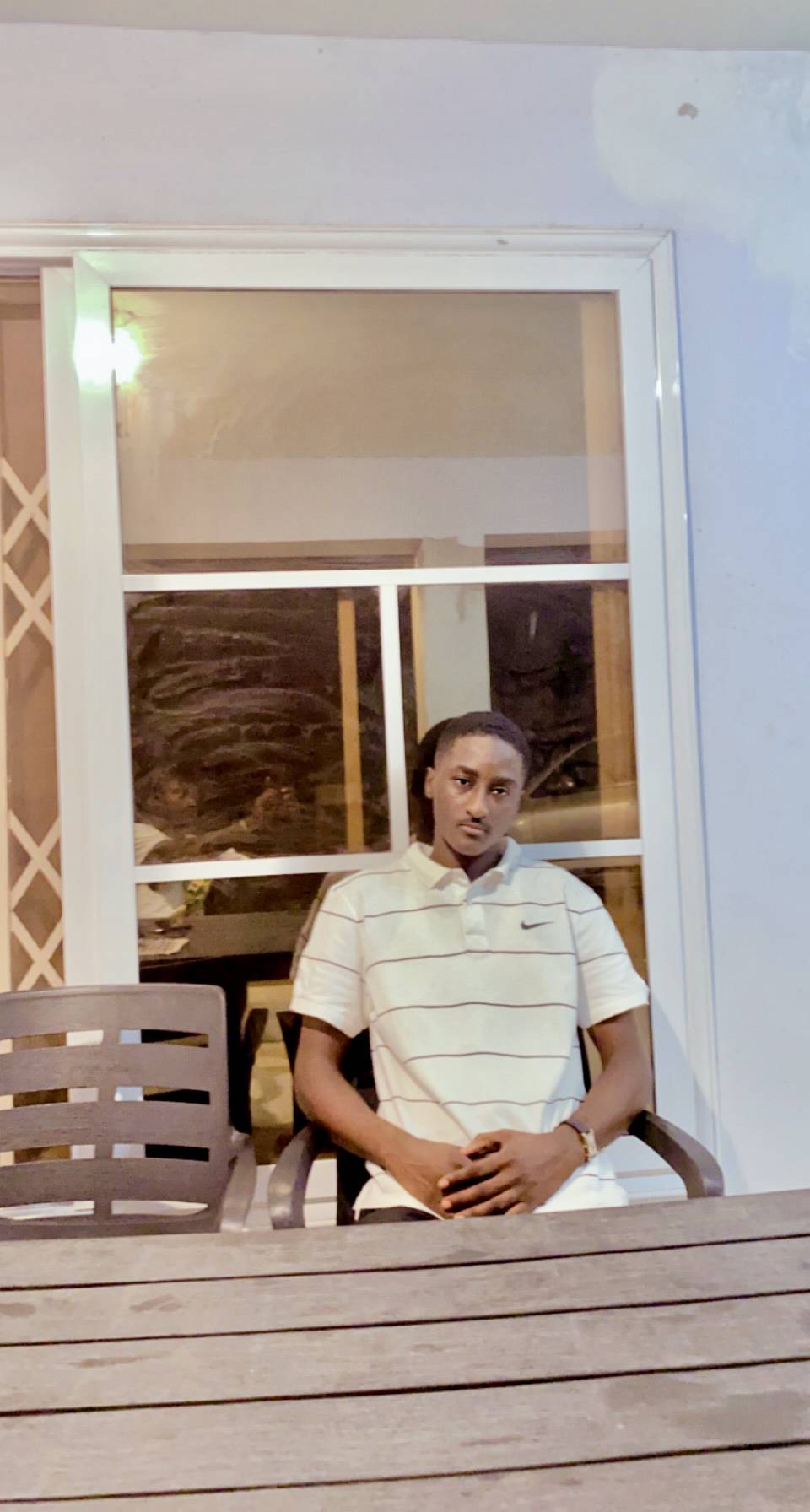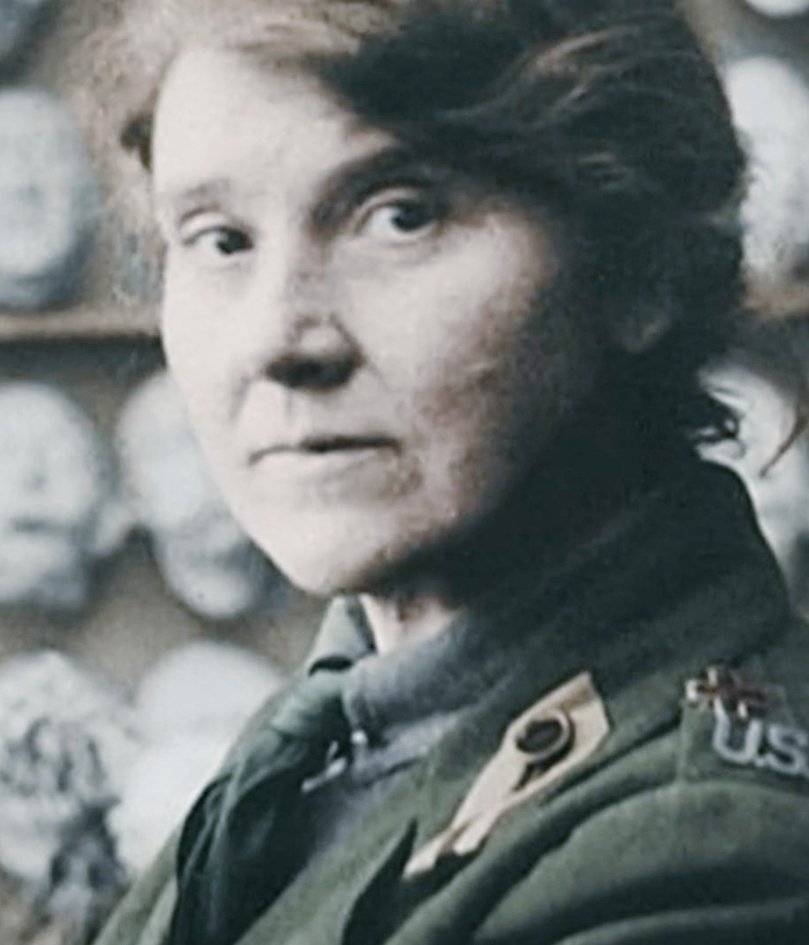Meet Anna Coleman Ladd an American sculptor who created custom-made masks for British soldiers whose faces were disfigured during World War I. Soldiers would visit her studio to have a cast made of their faces. She would then make a prosthetic based on the cast using thin copper.
Next, she would paint the prosthetic to emulate the soldiers' skin color. Each prosthetic would be adorned with some form of string or eyeglasses to keep it in place. Ladd honed her skills in Paris and Rome and was a well-known artist before she began to help soldiers from World War I. She has several high-profile works, including the Triton Babies, which one can view at the Boston Public Garden
Anna Coleman Ladd is the embodiment of true grit, boundless creativity, and a heart full of empathy. An American sculptor turned remarkable World War I wonder-worker, she packed her bags for France, dedicating herself to crafting lifelike prosthetic masks for war-ravaged soldiers.
She fearlessly stepped off the beaten path. Before the war, her sculpting skills shone through in her art pieces. She could've stuck to that, but witnessing the horrible aftermath of war, she thrust herself out of her cozy sphere, pitching into a field she'd never ventured into - prosthetics. She's proof that, if you're willing to put your skills and gusto to work in unexpected ways, you can change people's lives.
She earned the badge of "people server"? Ladd was more than just a facial repairwoman; she breathed new life into crushed spirits. Her empathy and sheer determination show us that true success isn’t about filling our cart but filling others' hearts. That's what makes an indelible mark on the scrolls of history.
Ladd’s work is now called anaplastology. Anaplastology is the art, craft, and science of restoring absent or malformed anatomy through artificial means.
In the Smithsonian magazine's February 2007 article, "Rivaling Nature", Erin Donaldson, an anaplastologist in Beverly, MA, was interviewed by Caroline Alexander for a present-day perspective on the purpose and benefits of facial prosthetics for patients in civilian sectors, as well as soldiers returning from the Iraq War.




No comments yet
Be the first to share your thoughts!